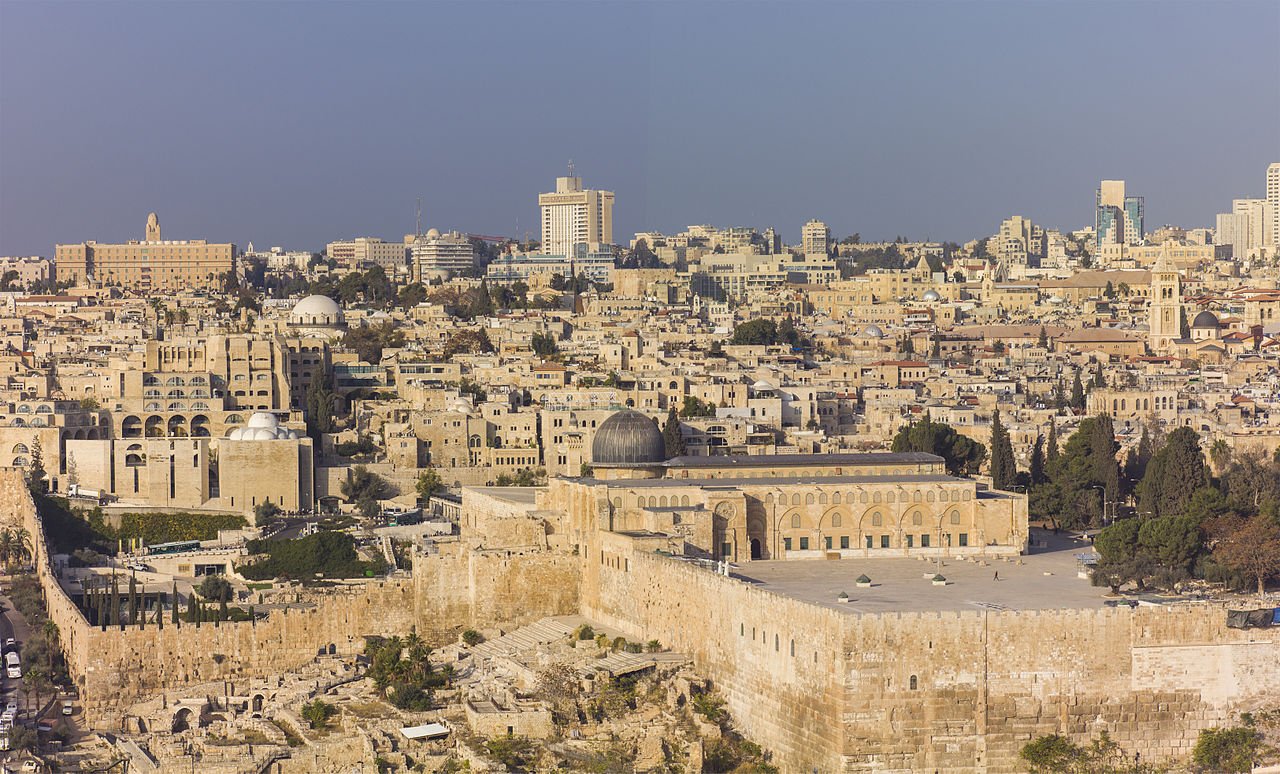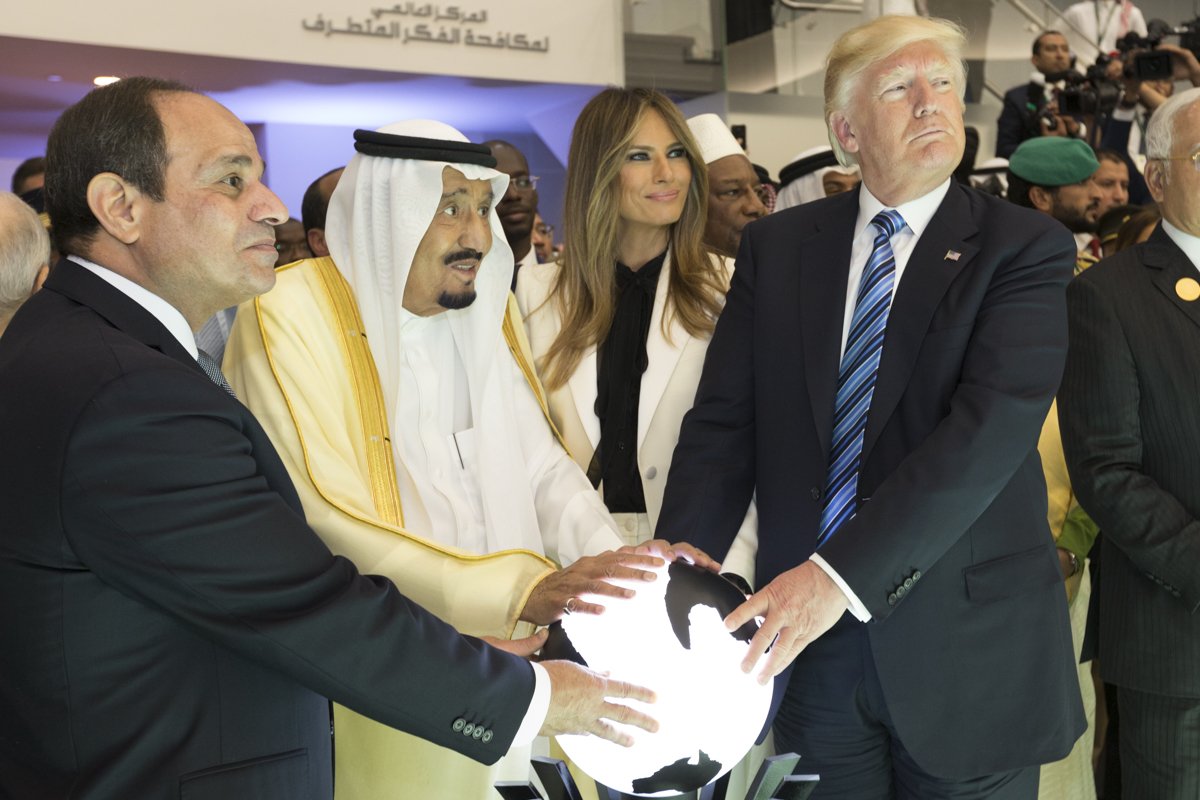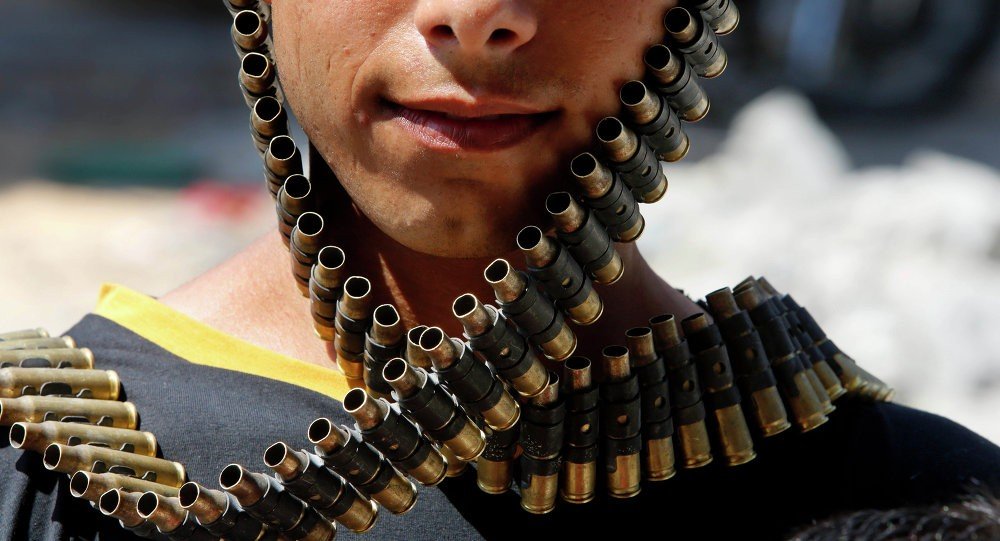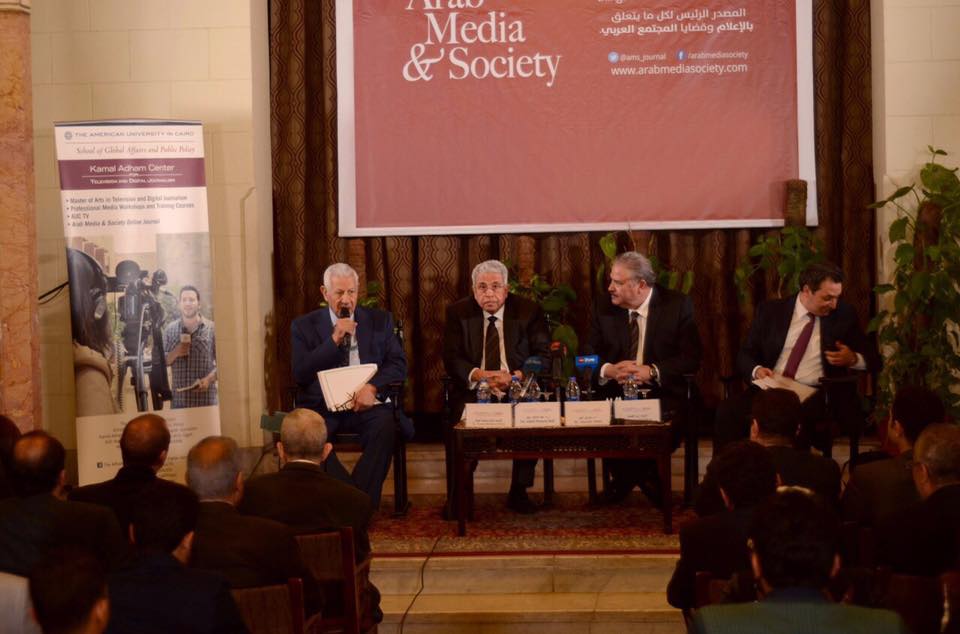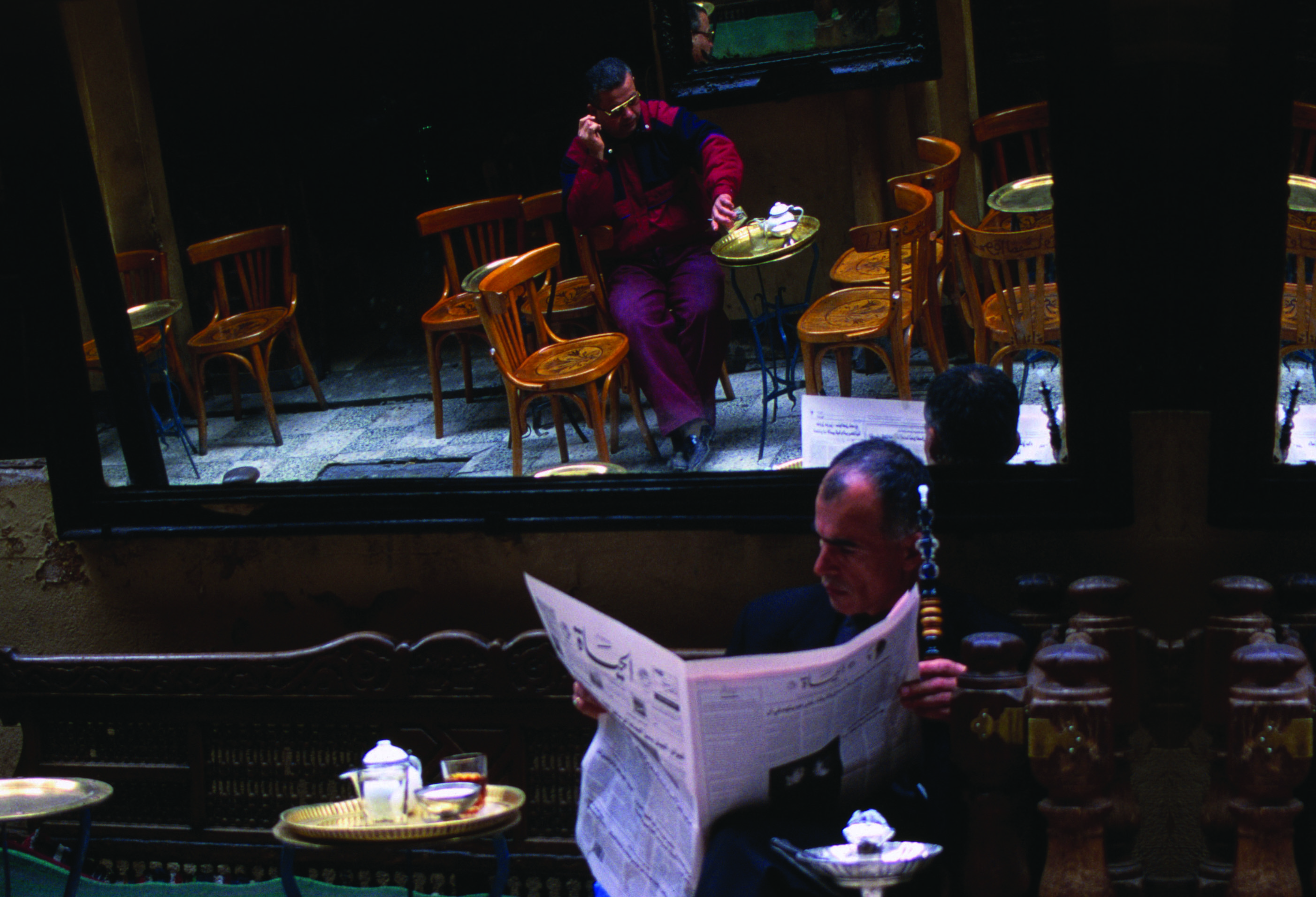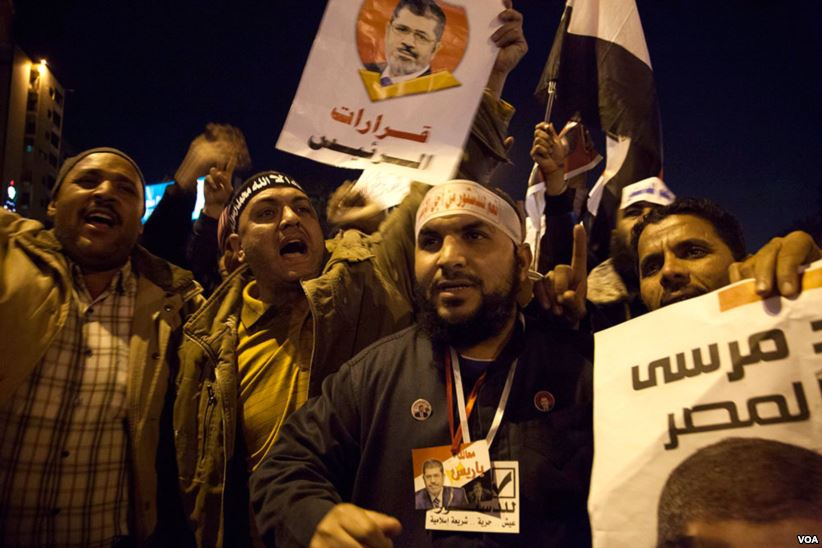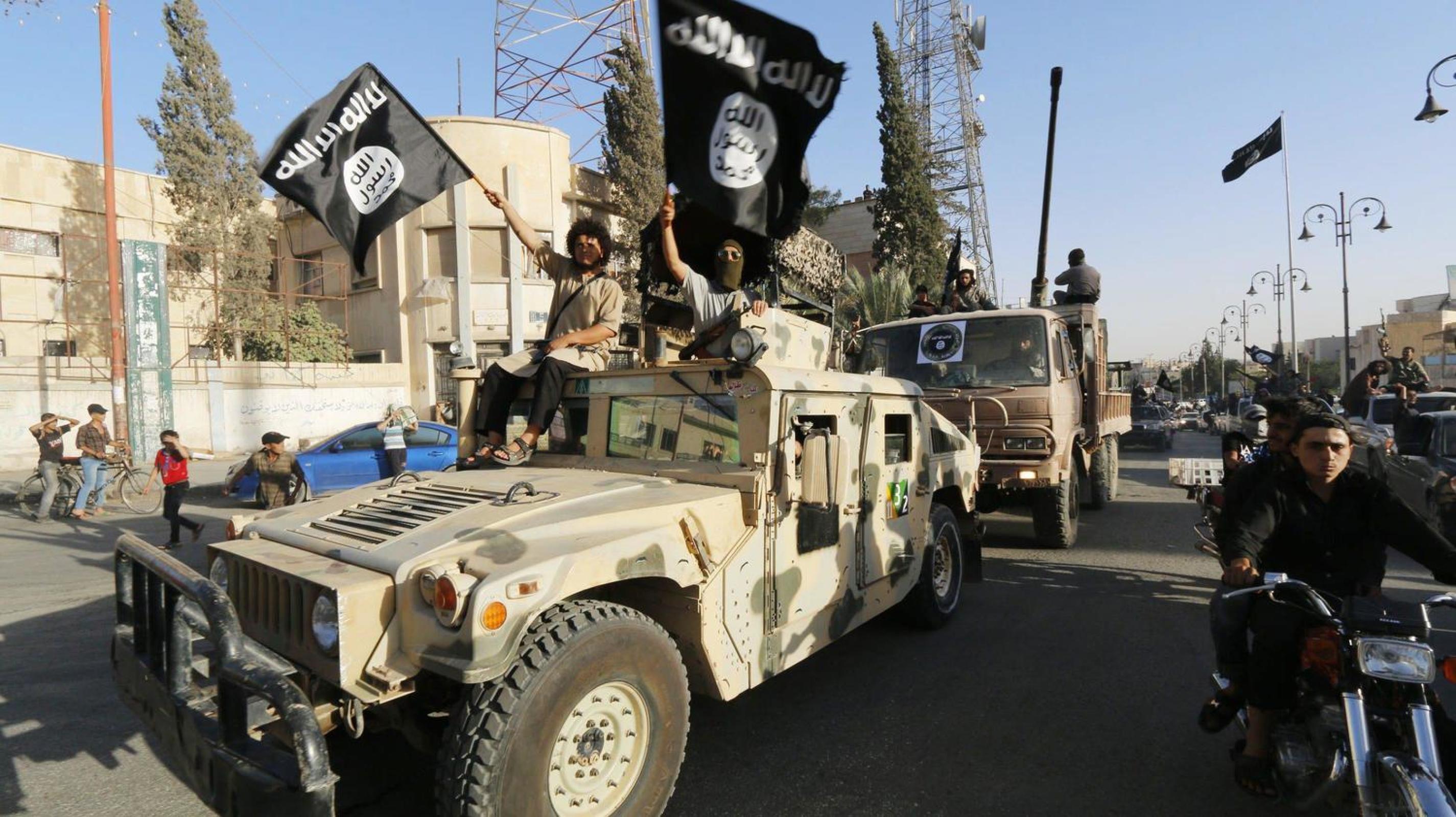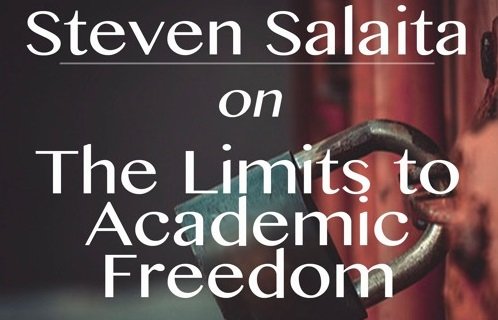While a post-Brexit United Kingdom continues to struggle with xenophobia and anxieties about the Arab/Muslim diaspora, a new hero has emerged in the country’s most popular sport. He’s wildly talented, he’s from Egypt, and he’s Muslim. Known as “The Pharaoh”, “The Egyptian King”, and even the “Egyptian Messi”, 25-year-old Mohamed …
Read More »Shining New Light on the Palestinian Cause: The Unintended Consequences of Trump’s Jerusalem Declaration
Issue 25, winter/spring 2018 https://doi.org/10.70090/AS18IDKH A few days before U.S. President Donald Trump declared that America would recognize Jerusalem as the capital of Israel, a number of Arab heads of state—including the leaders of Jordan, Saudi Arabia, and the Palestinian Authority (not yet a state but one in the making …
Read More »Challenges for U.S. Public Diplomacy in the Age of Trump
Issue 25, winter/spring 2018 https://doi.org/10.70090/WAR18WWW American diplomats responsible for public diplomacy working in the Middle East have always faced a number of challenges. Most arise from criticisms of U.S. policy; for example, the Arab-Israeli conflict, American intervention in Iraq, or the US posture toward the civil war in Syria. In …
Read More »Combating Hate Speech and Youth Radicalization
Issue 25, winter/spring 2018 https://doi.org/10.70090/FAI18TAF On December 30, the UK's Security Minister Ben Wallace harshly criticized tech giants like Google, Facebook, and YouTube for not doing enough to combat "terrorism online". He called on them to remove online content that could lead to radicalization. "2018 is a time to deliver. …
Read More »Media and Crisis: An Arab Media & Society Symposium
On Wednesday, November 15, 2017, the Adham Center and Arab Media & Society hosted a symposium on “Media and Crisis”. The event involved a panel discussion with Makram Mohammed Ahmed, head of the Supreme Council for Media Regulation, Dr. Abdel Monem Said, renowned writer and political analyst, and Zeid Al …
Read More »Public Culture and Islam in Modern Egypt
Issue 23, winter/spring 2017 https://doi.org/10.70090/HA17PCME On November 21, 2016, the Middle East Centre of St Antony’s College, Oxford hosted the roundtable and launch of Public Culture and Islam in Modern Egypt: Media, Intellectuals and Society (London: I.B.Tauris, 2016) with myself and Morgan Clarke (Institute of Social and Cultural Anthropology, Oxford) …
Read More »Thinking and Writing About Terrorism: Reflections on an Uncertain World
I am writing a book that will be called Confronting Terrorism. It examines the evolution of terrorism that culminates, for now, in the Islamic State’s ability to hold and “govern” substantial amounts of territory. This requires me to immerse myself in both the literature of terrorism and to view, from a distance, the nasty realities of this topic. I do not pretend to be as intimately involved as are the people who must live under terrorism’s darkest shadows every day. But I think a lot about how terrorism’s presence changes our world...
Read More »Roots of Religious Extremism: The Muslim Brotherhood and the Four Faces of Tyranny
One way of getting to the “root causes” of terrorism and religious extremism in the Middle East is to examine the thinking of the mother organization of all groups and movements espousing violence and terrorism. Fortunately, the history of the Muslim Brothers is well researched. The revelations of the organization reflect a great deal of inconsistencies between the general and the specific: public pronouncements and specific documents, theory and practice, English and Arabic.
Read More »Obsessing over Jihadi Otherness: Radicalism’s Evolution and the Failure of the Post-Colonial Arab State
The rise of the Islamic State group (which will be referred to as ISIS), from the perspective of those in the Middle East drawn to it, rather than Europe where the French scholar Olivier Roy has proposed the idea of the “Islamization of radicalism,” can be discussed within the framework of a number of deeper phenomena in Arab societies since the mid-twentieth century.
Read More »PODCAST | Steven Salaita on the Limits to Academic Freedom
Steven Salaita is the Edward Said Chair of American Studies at the American University of Beirut. He is a scholar of indigenous America and has written extensively and comparatively on the question of Palestine and anti-Arab racism. He speaks with Arab Media & Society about academic freedom, tenure, the special case of Palestine, and self-regulating suppression.
Read More » Arab Media & Society The Arab Media Hub
Arab Media & Society The Arab Media Hub

